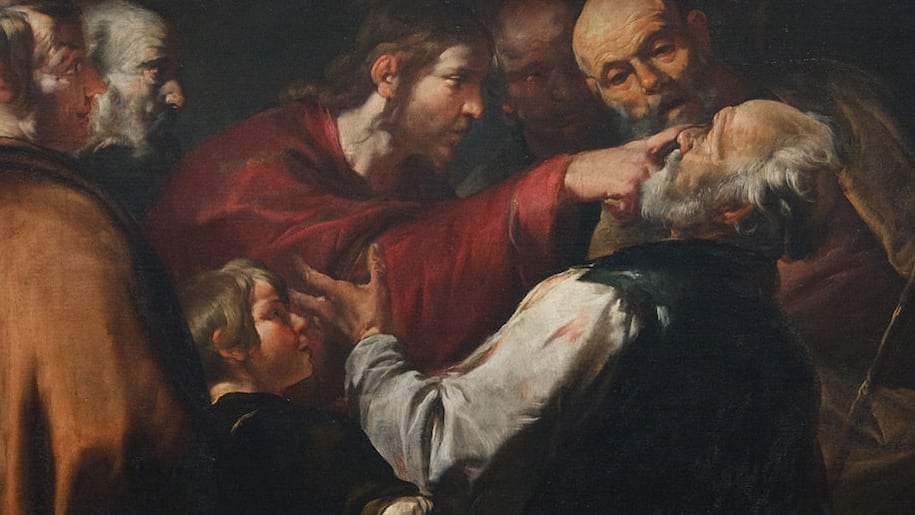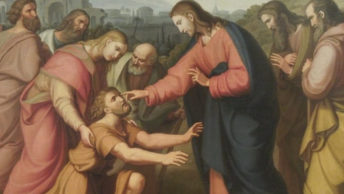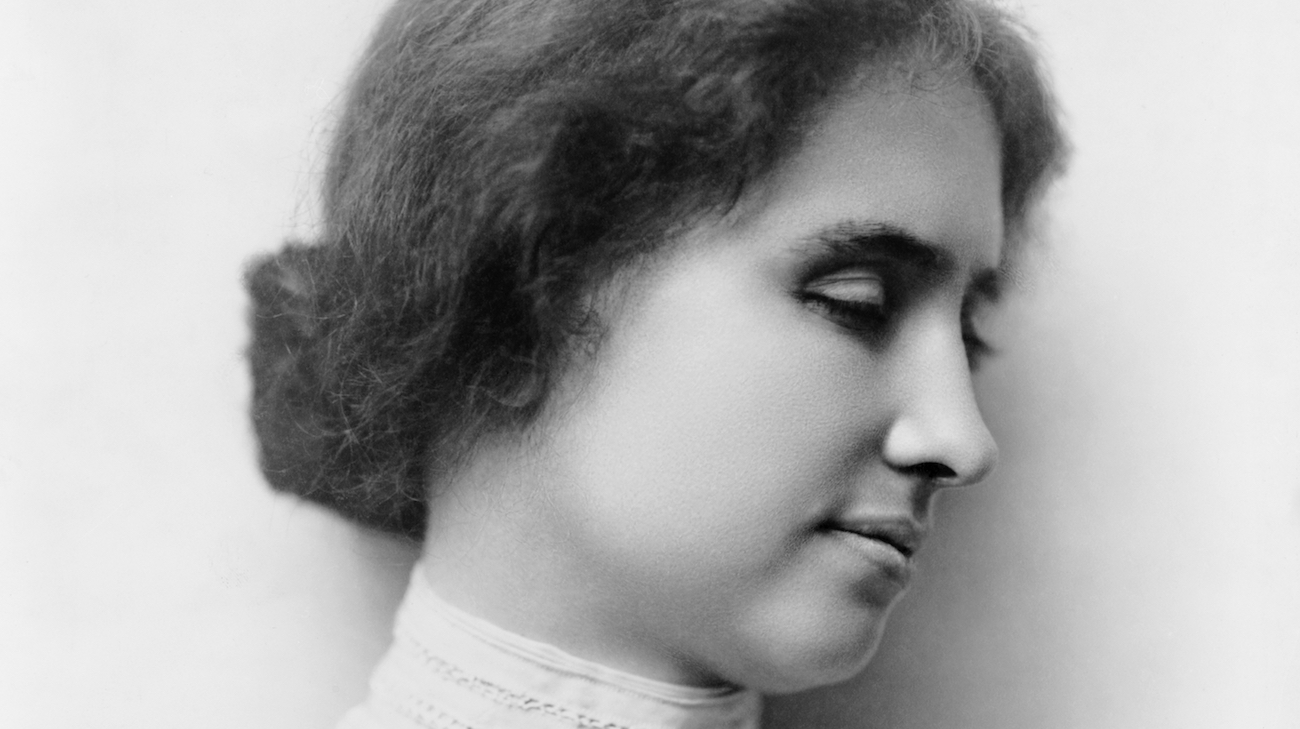This homily is first for myself and then for you all. In case you wonder, let me tell you the reason why. It is found in the Letter to the Hebrews (5:1-6): he (the priest) is able to deal patiently with the ignorant and erring, for he himself is beset by weakness and so, for this reason, must make sin offerings for himself as well as for the people.
The Eucharist is the sin offering sacrifice, par excellence, which I offer because I am beset by ignorance and errors and all kinds of miseries, just as you are.
Today, in the Gospel of Mark (10:46-52), we are given a poignant template to consider; a template that forces us into one of two categories: either we are Bartimaeuses or we are bystanders. Notice how the bystanders are “many” but there is only one Bartimaeus. This separation is caused spontaneously by the presence of Jesus. It is a separation that is most evident here in church as we offer THE Sacrifice “so that sins may be forgiven;” but it is a separation that is lived out 24/7 and it makes all the difference in the world as we are about to see.
First of all, there must be a call to honesty, to brutal honesty with ourselves. Whenever the priest mentions that we are here in the presence of Jesus, do we not think for a moment that he might have flipped out and that he should be pitied in his delusions. We take it as a quaint formality, similar to the polite and trite statements that we exchange for the sake of etiquette, such as “God bless you” whenever one sneezes, or our automatic response “Lord, hear our prayer” at the end of each invocation of the prayers of the faithful.
Now, if our Governor or President Trump were to show up with their entourage, if we were to spot the Pope kneeling on that kneeler, there would be visible, tangible excitement mixed with understandable nervousness. If we went to a concert of a very famous singer or if we had a chance to get the autograph of our favorite baseball player, we would experience similar emotions.
Naturally, we have never seen a photograph of Jesus Christ, yet we would be going out of our mind with incredulity and uncontainable emotions if He were to physically walk up this central aisle. We wouldn’t have any problem recognizing Him, and every single aspect of our life would change dramatically.
Or, at least, this is what we assume now.
But the Lord, who made us and knows of what we are made, categorically denies that such would be the case. Listen to what He tells us: “it is an adulterous and evil generation that asks for a sign” (Matthew 16:4). And we have the record of huge throngs of people who sought Him out for cures and for enlightenment; people who witnessed miracles and numerous signs yet abandoned Him as their excitement melted away like snow in the sun. Thus, a call to honesty would make us admit that the ways God chooses to be present among us, the ways that He deems adequate to elicit a constant need to return to Him and spiritual growth are ordinary and too familiar.
The Blessed Sacrament, the Word of God, His presence in the presiding priest, in the community, in the poor and needy, are not exciting news. They barely faze us. They are not enough to sustain a decent longing for a sincere conversion, willingness to make radical changes in our inner disposition and to set us decisively on the path of self-sacrifice in the implementation of Jesus’ new commandment of loving each other as He loved us. It would be, indeed, a most severe case of blindness.
Hence, let us revisit this Gospel template from Mark (10:46-52) to assess the tragic situation in which we have chosen to live. Let us reevaluate our repeatedly missed opportunities to become Bartimaeuses.
Geographically, Jericho is in a luxuriant valley, an oasis of generous vegetation and plentiful harvests. It represents a dream world of all the best one could have on this earth. It is also an image of the comfort zone we might have carved out for ourselves.
Jesus, our Lord, is leaving that comfort zone and heading for Jerusalem. The road to the Holy City is up-hill, winding amid arid rocks, sparse vegetation and thirsty sand. Jerusalem is the place of trials, of rejections, of excruciating sufferings and of death on a shameful cross. Jerusalem is all that, before becoming the place of new life, victory and glory.
There are handpicked disciples of Jesus now leaving Jericho with Him, and a sizable crowd. We do not know what all these people following Jesus on this insane journey are thinking; but we are sure of one thing: they are not excited about being with Jesus, and even less about following Him.
The only one who is excited and bold and unafraid to stir things up is Bartimaeus, who happens to be blind, thus unable to recognize Jesus by himself and, even less, to follow Him. At this time, we renew our call to honesty.
Days, weeks, even months before an important event we see our mind and heart getting filled with expectation, longing, wondering. As the event nears we cannot contain all those emotions inside and it shows; it is evident to all those around us. And they would not have it any other way. It wouldn’t be natural to look cold and distant and unaffected.
However, when was the last time, if ever, that Jesus stirred excitement in us? Aren’t we a bit jealous of children on the day of their first Holy Communion? Or are we not envious of wedding couples? Or wouldn’t we like to experience the joy of newly ordained priests?
Look at the disciples and the sizable crowd. They are not excited; but they actually try to dampen Bartimaeus’ enthusiasm insisting that he should keep quiet before Jesus, the son of David. There is only one inescapable conclusion we can reach: we, and not Bartimaeus, are the blind ones, unable to see Jesus in our life, present to us in so many comforting and reassuring ways, all with a sufficient charge of potential excitement for us.
So, today, we are facing an existential choice: to stay in our comfortable Jericho or to follow Jesus on the way to Jerusalem. With his sight recovered, Bartimaeus follows Jesus on the way to Jerusalem. We have to determine what it means, concretely, for us to do the same.
Jericho is what the world suggests as the place in which we should settle down. But, after the trials and plenty of sufferings, Jerusalem will be the place of new life, of victory and glory. To face all those awful things coming before all that joy, we are assured that we will not be alone. Bartimaeus, the blessed Mother, the disciples, all the saints and, most importantly, Jesus himself will be there with us, every step of the way.








